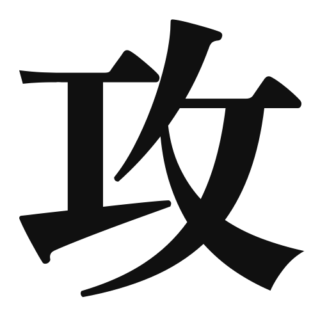 N1
N1 攻
1. Overview of MeaningThe kanji 攻 (pronounced "kou" in Japanese) means "to attack" or "to assault." It conveys the idea ...
 N1
N1 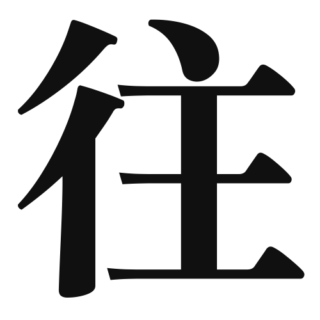 N1
N1 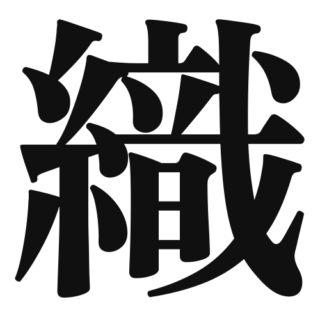 N1
N1 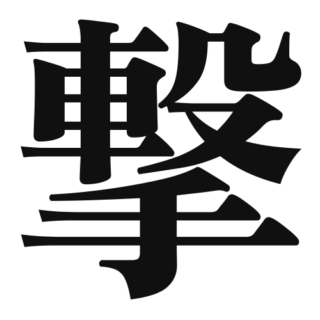 N1
N1 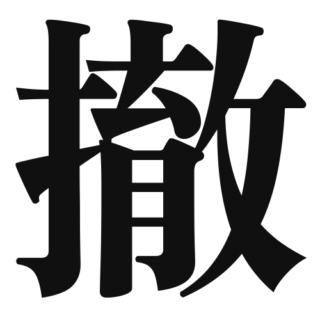 N1
N1 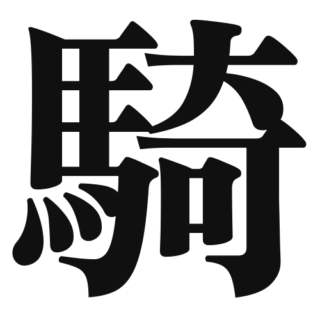 N1
N1  N1
N1 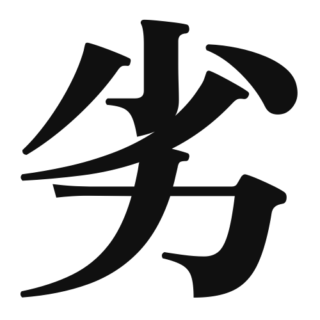 N1
N1 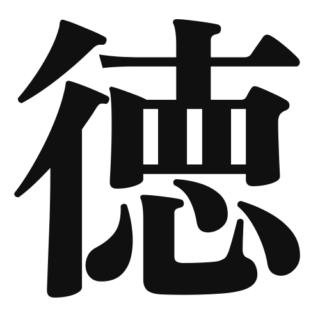 N1
N1 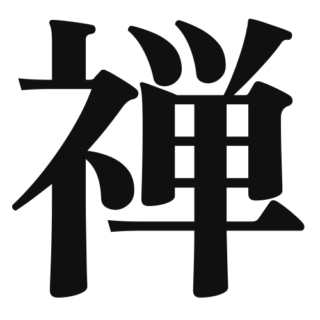 N1
N1